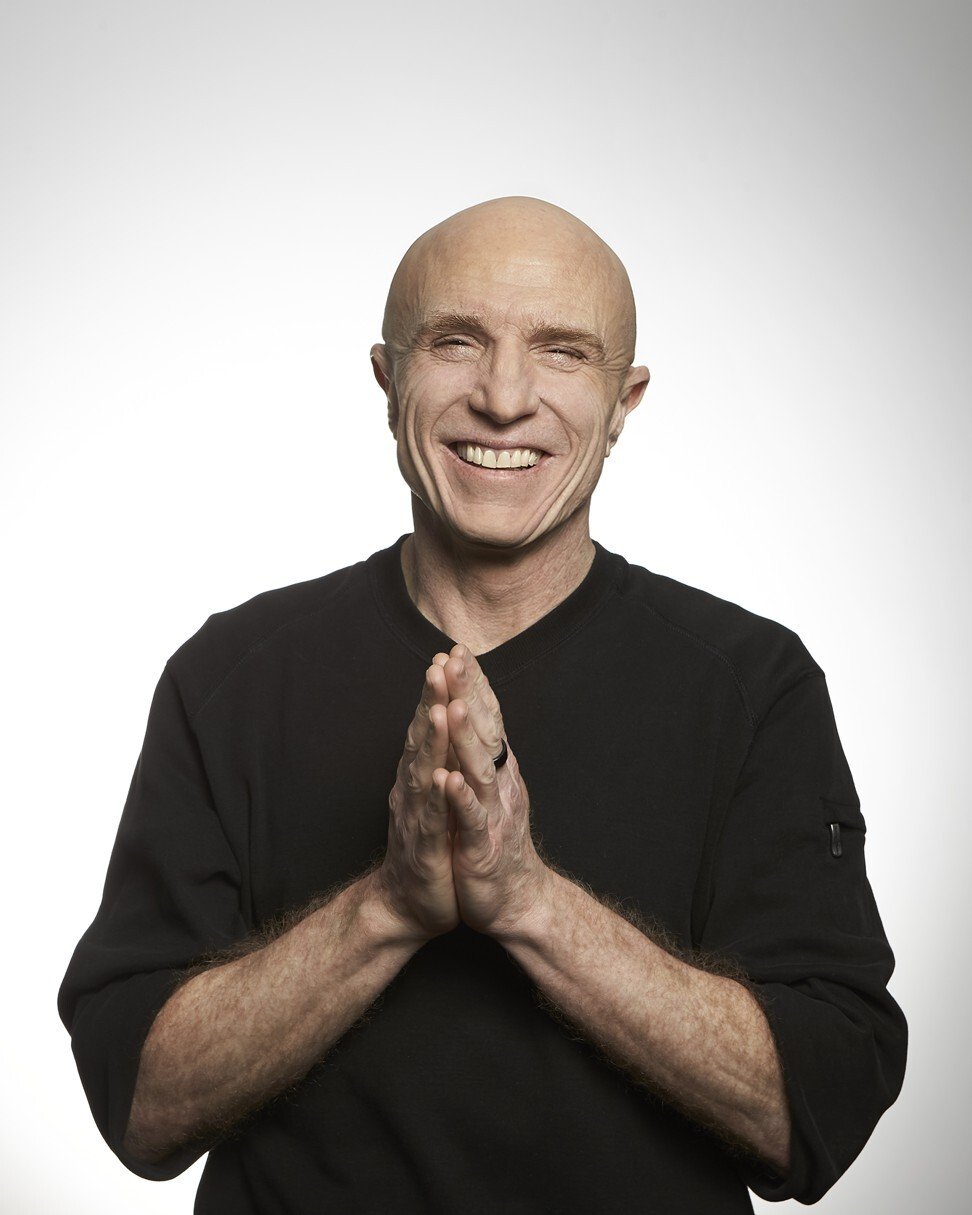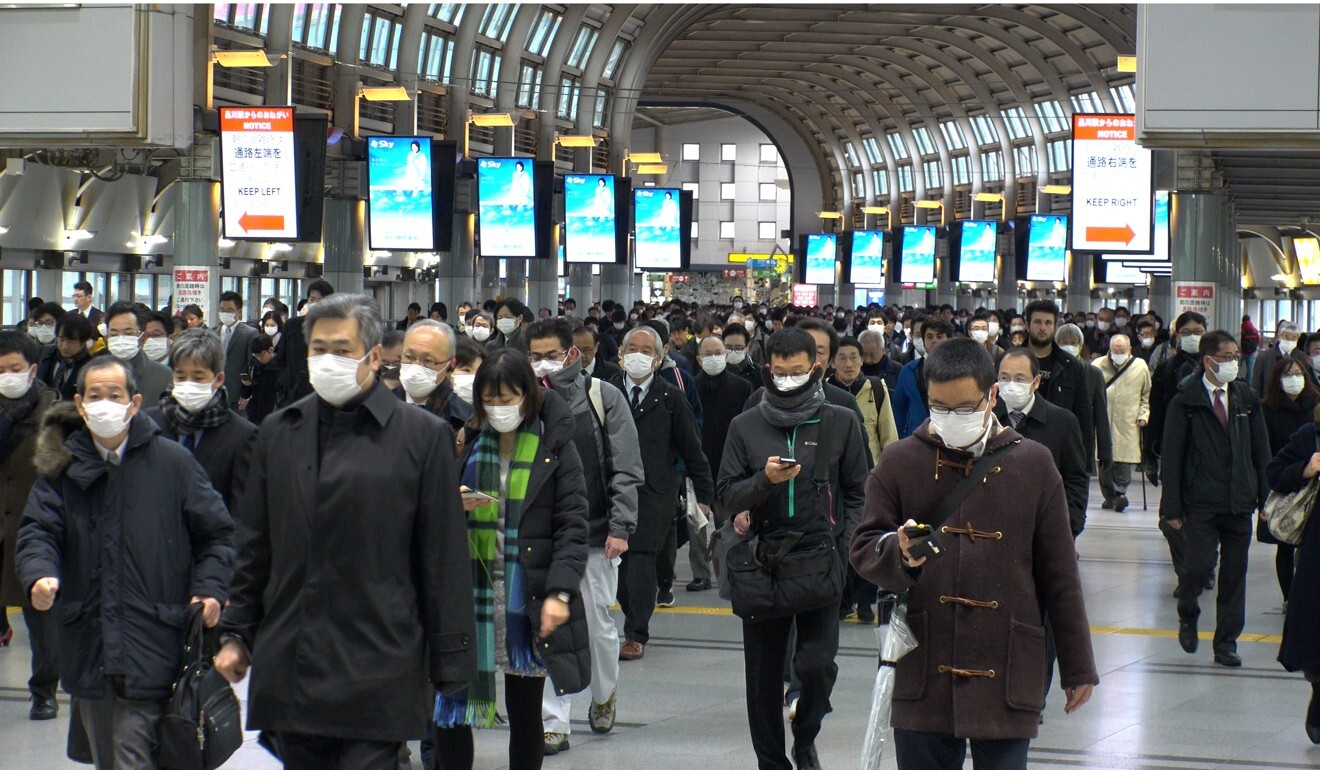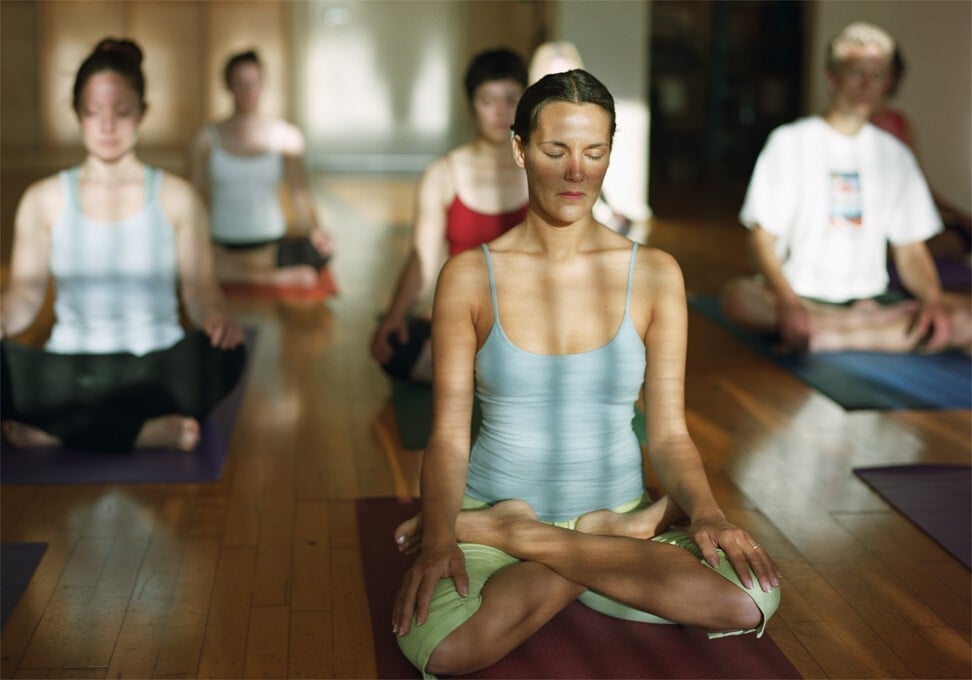
How to meditate: improve your mental health and well-being using these tips from a Silicon Valley executive
- Apple lawyer and software company co-founder Randy Komisar was depressed, despite being at the top of his game
- When recreational drugs didn’t work, he turned to meditation, and 25 years later he is happy, healthy and still successful
On the face of it, Silicon Valley executive Randy Komisar had it all. A high-flying Brown University and Harvard Law School alumnus, hired by Apple as a lawyer, he went on to co-found its software spin-off Claris. Komisar was at the top of his game; but he was also utterly depressed.
“The more successful I was, the less happy I was,” he says over a Zoom interview from his California home. “As a striving type-A personality I had a need to win the game at the expense of others. And it felt miserable.”
In an attempt to break the cycle, Komisar turned to recreational drugs, which in the short term gave him a “nourishing” feeling.
But once the chemicals wore off, Komisar would be dealing with a comedown that could last all week.

He needed a more sustainable way to rekindle his inner compassion. He had attempted meditation in his twenties, but just couldn’t tame his “monkey mind”.
But after a decade of wrestling with the unhappiness of success, he returned to meditation again, this time with grit and determination. “I did the hard work, studied and made myself just sit there and meditate.”
How meditation can make Hong Kong healthier and happier
Komisar committed to a daily goal of three minutes of meditation, until one day he felt a breakthrough. “There is a moment in time when you open up a crack in your sense of perception, and then it closes, but now you have the toolkit for reaching it.”
Roll forward 25 years, and Komisar attributes his blazing career to daily meditation. He has held executive roles with blue- chip companies from TiVo to LucasArts Entertainment to Kleiner Perkins, serves on numerous boards, and has advised on major venture capital acquisitions.
He has written several books, including The Monk and the Riddle, about how to balance being a successful entrepreneur with satisfaction and joy. He believes the key to success in business is empathy with others, derived from a daily “killing of the ego”.
“Business is all about the aggrandisement of the ego, but to have balance, you have to peel away the layers of self-importance that pervade our daily existence,” he says. “Every day I empty out my pail of stagnant water to make room for fresh awareness and wisdom.”
The conversation about meditation – and how it can help restore well-being – has never been more topical.

According to app store intelligence firm Sensor Tower, the world’s 10 largest English-language mental wellness apps saw a combined two million more downloads in April 2020, during the initial surge of the pandemic, than in January 2020.
A recent report from the World Health Organisation suggests that the pandemic has disrupted or halted critical mental health services in 93 per cent of countries worldwide, while the demand for mental health support is increasing with bereavement, job loss and stress.
Komisar cautions that meditation is no panacea for mental health issues – although it can bring calm and well-being.
“When people ask what I have got in exchange for countless hours sitting on a cushion every day now for over 25 years I reply, ‘Not much. Just peace of mind and understanding.’”

Randy Komisar’s steps for successful meditation
1. Meditation starts with a clearing of the mind. The Buddhist concept of emptiness is generally misunderstood. Emptiness is not nihilism, it is an openness to seeing beyond the life our mind has constructed and view the world as it is. The inner chatter we all hear when the distractions cease is a challenge in the beginning. The silence can be deafening. But the sense of truth and connectedness that fills the void is enriching.
2. To start, find a cushion or a chair where you can place your feet flat on the ground. If you are using a cushion, cross your legs in front of you with your knees spread to provide support. Assume a straight posture, with your chin pulled in and your head extended towards the sky. Place your hands softly on your lap, with your left palm below cupping your right hand and your thumbs lightly touching above.
Yoga practices to ease coronavirus fears
3. Close your eyes halfway. Not completely, this is not an excuse to dream. It is a time to shut out the distractions while remaining aware of your place in this world.
4. Now breathe, not deeply but naturally, through your nose, feeling the air enter your body and circulate through you until you exhale it back into the world. Feel and understand the lack of separation between you and every molecule that has found its way through millennia into the air you breathe. Some people count their breaths, to 10 repeatedly, to focus the mind and reduce the chatter. But when the chatter falls away, stop counting. It will only get in your way.
5. Thoughts will endlessly try to fill the space your meditation is creating. If you fight them you will miss the moments that arise. Instead, accept them for what they are – the random bodily function of the mind – and but don’t hold on to them. Let them move across your mind like clouds. Eventually they will slow down and create openings for your awareness to shine through. These may be fleeting at first, but relish them. This is what enlightenment looks like.
Breast cancer survivor: ‘You also have to heal your mind’
6. How long should you meditate? As long as you can. Most committed meditators try to meditate for 30 to 45 minutes a sitting, but three minutes will do. Sure, the longer you sit the more the chatter dissipates and the deeper you will plumb the truths of this existence. But I believe it is better to give yourself even one minute of quiet breathing and centring a day than it is to put it off until you can spend 30 minutes or more.
7. It is easy to get discouraged at first. So, find a group of like-minded meditators and sit with them to encourage each other. Find a teacher who will help you navigate the journey and point out the gold along the way.
8. There is no finish line. There is no state of nirvana we can reside in. There is only the moment. Meditation is like exercising. You do it every day to be fit, knowing that if you stop you will lose your well-being.
I meditate every day to clear myself of the delusions that characterise our daily routine, to let go of my self-centred view of the world and the things happening around me, and of my desires and frustrations in not achieving them. Of my emotions, anger and greed, that colour my perception of things. Of my ideas that keep me from seeing the world for what it is.
I eat, I sleep, I meditate, because those things are essential to living a full and satisfying life.

